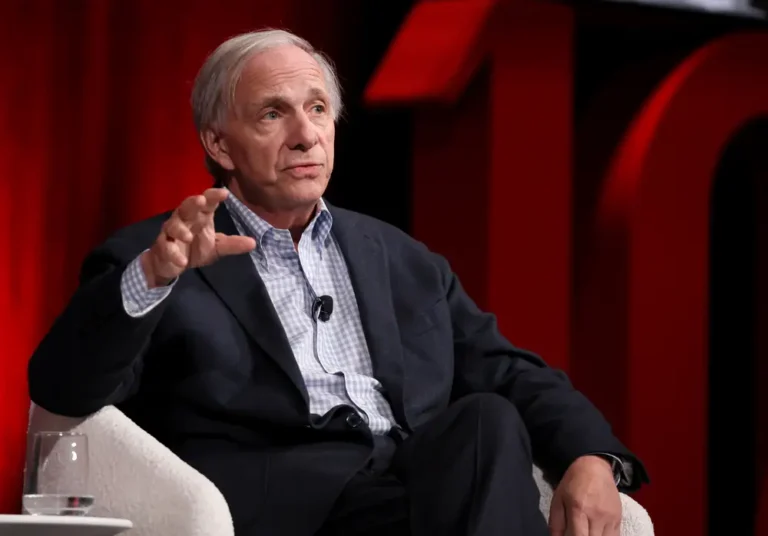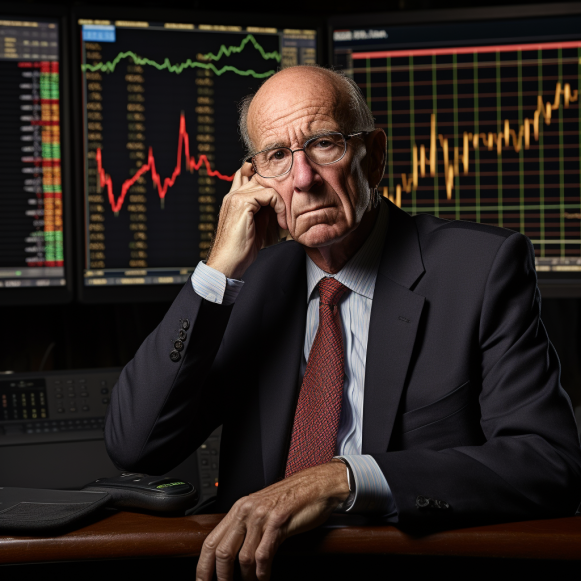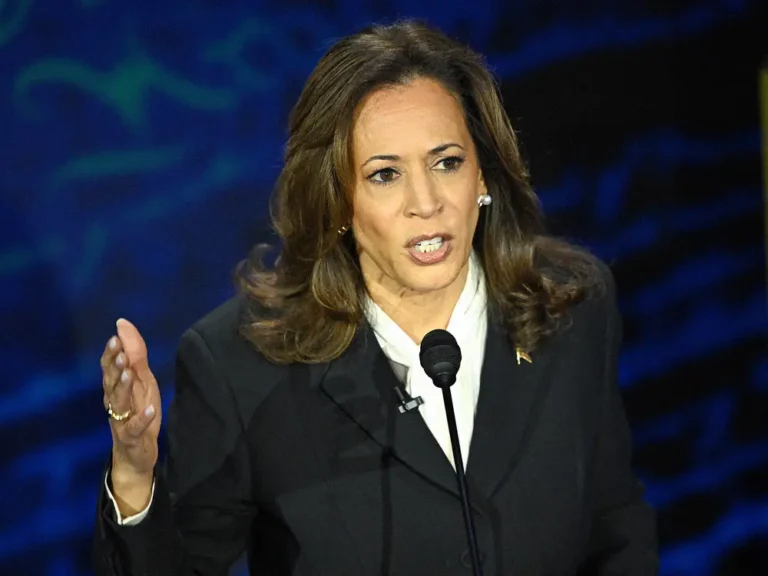Goldman Sachs is about to kick off a cascade of managing director promotions across Wall Street. Here’s why the battle for power could be fiercer than ever.

- Managing director promotion season is about to take over Wall Street.
- Goldman Sachs will kick things off as soon as this week.
- Expect fewer promotions overall, although wealth management may prove an exception.
“Rainmakers.” “Masters of the Universe.” There are numerous terms used to describe Wall Street power brokers, but none is as important right now as the simple phrase “managing director.”
High-level bank executives have been meeting all over Wall Street to decide which rising stars should be promoted to MD, a coveted job title that sits one to two levels below the C-suite. The highly anticipated promotion process typically begins in November with Goldman Sachs — whose list will be released this week — and is followed by Citigroup and Jefferies in December, Bank of America and Morgan Stanley in January, and JPMorgan in the spring.Insider spoke with industry experts about the process and their predictions for this year. Because of the lack of M&A and IPO activity, they expect fewer promotions overall. Wealth management, which has seen significant growth on Wall Street, may be an exception. As part of ongoing efforts to diversify their ranks, banks are also expected to promote more women and minorities to MD. And, unlike in previous years, executives who do not make the cut may be less likely to leave.
“Two years ago, everybody was in the war for talent,” said Alan Johnson, a Wall Street compensation expert at Johnson & Associates. “So you were worried that if you didn’t make someone MD, they’d leave.” And now, it’s not that great people can’t find work; it’s just more difficult. So having a smaller pool is a little bit easier.”
Whatever the makeup of Wall Street’s incoming class of managing directors, the announcements will be closely scrutinized as forerunners of the industry’s next generation of leaders. Jeanne Branthover, managing partner and global head of financial services at DHR International, compared the distinction to “being a member of a club.” Obtaining a promotion to managing director is critical for those vying for the position.
“Becoming a managing director is a huge accomplishment. It is literally everything these people have worked for. “That’s their goal,” Branthover explained. “It’s like, why am I working with you if you’re not a managing director?” A large part of it is who you are. “You are representing our firm; are you deserving of this position?”
The race for a promotion can begin years before.
People in any business line at a Wall Street firm can be named an MD, whether they work in investment banking, sales and trading, asset management, operations, information technology, or another.
However, there are only so many MD positions available. As a result, candidates for these high-level positions — vice presidents, directors, and executive directors, depending on the firm — are sweating as they wait for word.
This is especially true this year, as banks seek to be more selective in who they admit.
“It means that the marginal candidates may not get it,” Johnson explained. “If you’re in a cold area, you’re much less likely to get it,” he said, referring to non-profitable business lines such as investment banking.
In most banks, the managing director is the highest-ranking position below the C-suite. However, it is one level below partner at Goldman. Goldman also does things differently in another way: While most firms announce new classes of managing directors every year, Goldman does so every other year on an alternating basis with partner promotions — a process implemented in 2013 by ex-CEO Lloyd Blankfein.
Goldman announced its most recent MD cohort in 2021, elevating 643 people to the position — the largest class yet. Justin Tuck, a two-time Super Bowl champion and former New York Giants champion, was among the list’s rising stars.
The review process for MD is rigorous at all firms, but at Goldman, it has its own name: “cross-ruffing,” a reference to a term from the card game bridge. The cross-ruffing process entails soliciting feedback on candidates from a variety of managers across the firm over a period of months to determine whether they are worthy of promotion.
According to Branthover of DHR International, the unofficial jockeying to become an MD begins the moment you begin working at the bank, even at the most junior level. Candidates for management positions “will know and should know that the minute they get into this kind of firm, their networking with the right people should begin,” according to Branthover.
Hot business lines will win out
While there are steps bankers can take to advance to the position of MD, getting promoted will also depend on which businesses are performing well or are expected to perform well in 2024. Wealth management has become a major focus of banks such as Goldman Sachs and Morgan Stanley because it produces a more consistent source of revenue than investment banking.
“Usually, it’s based upon how well that business is doing on the whole, and where business might’ve been extremely good, there are most likely going to be more MDs because of it,” Branthover went on to say.
Johnson concurred.”Some areas — just for the big banks — like M&A and equity underwriting have remained cold, so they’ll probably get fewer people.” And a recent hot topic, such as wealth management, may be included in the mix. But I would think that the overall number would be suppressed, and who gets it will depend on whether you live in a hot area with a high demand for people. If you’re in a cold area, you’re probably going to have fewer people than if you’re in a hot area, like wealth management.”
The departure of existing MDs can also play a role: even if a team or division had a bad year, banks will look to fill their gaps, according to Branthover.
While bank executives are expected to be more cautious about who they promote this year, they also understand that being too stingy can backfire when M&A and IPOs resume. As a result, experts predict a healthy number of promotions overall.
“If they don’t feel that there is a huge amount of business or equal business to other years, they might have a smaller class, but not hugely smaller,” she went on to say. “Will there be a lot fewer managing directors?” I highly doubt it because, for starters, they require managing directors. These are the revenue generators. These are essentially your top salespeople.”
On the other hand, Johnson warned that if M&A and IPO activity does not pick up, it could lead to layoffs.
“Most of our clients are concerned about 2024.” “You can make a very long list of everything that could bring the economy and these financial institutions to their knees, from the economy to politics to the Middle East war,” Johnson said. “I believe that by the end of the first quarter, many firms will take a hard look at their headcount and ask, do they have too many people?” “Are they positioned incorrectly?”
Double pay — and stress
While pay varies by firm, being promoted to MD typically results in an immediate pay increase and an even larger increase at the end of their first full year. According to Johnson, a senior VP could earn $800,000 in total compensation before being promoted to MD, and $1.5 million by the end of 2024.
“You can almost double your income in a year and a half or two years, depending on how productive you are and so on.” “It’s a big deal,” he explained.
However, the pay increases for the promotion this year will be lower than they were two years ago.
“You’d probably get a nice raise, but it wouldn’t have been the raise you’d have gotten in 2021.” And it will almost certainly be smaller than the one you would have gotten last year in 2022,” Johnson said.
There are also significant pressures associated with the role, such as the need to begin generating revenue for the company.
“Once you become an MD, you’ll make a lot more money.” “And the reason you’ll be making a lot more money is because you’re supposed to have a significant impact on the firm’s revenue generation,” Branthover explained.
She compares the decision-making process to the college application process, saying that you must be a well-rounded superstar.
“Years ago, it was as simple as ‘get straight A’ and you’d get in.” Do you participate in sports now? “Are you a responsible citizen?” She stated. “Do you fit the mold of what we expect from an MD?” Nobody else does.”






